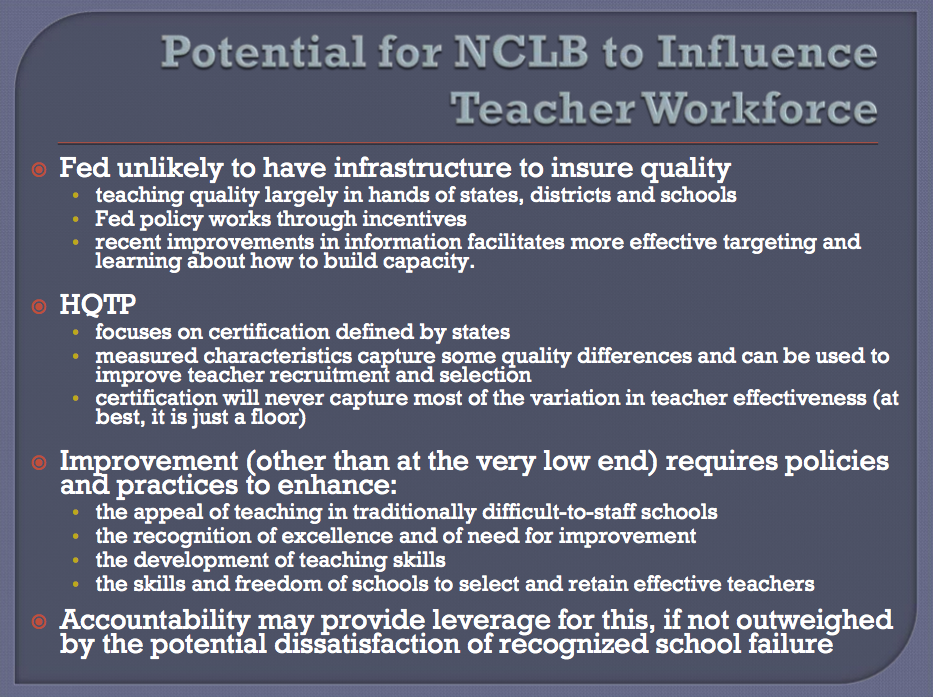Critical thinking? You need knowledge – The Boston Globe
Critical thinking? You need knowledge – The Boston Globe
THE LATEST fad to sweep K-12 education is called “21st-Century Skills.’’ States – including Massachusetts – are adding them to their learning standards, with the expectation that students will master skills such as cooperative learning and critical thinking and therefore be better able to compete for jobs in the global economy. Inevitably, putting a priority on skills pushes other subjects, including history, literature, and the arts, to the margins. But skill-centered, knowledge-free education has never worked. more…
Ed Hirsch brought this to our attention many years ago and this mantra is re-emerging as critical in a world that often swings out of balance with each new innovation. Technology has much to offer here, but most significantly, it gives us access to vast amounts of “knowledge” that is constantly in a state of transformation. While I value constraints on teaching critical reflection as part of the access dilemma, I propose that this confluence and fluidity of information is our best hope of enabling children to build quick and efficient access to elements of knowledge that must underlie a robust framework of process skills. Thinking and knowledge go hand in hand on the net like never before. So, before we tip the pendulum too far in the knowledge direction, lets seek the happy balance where each extreme is mutually supportive.
